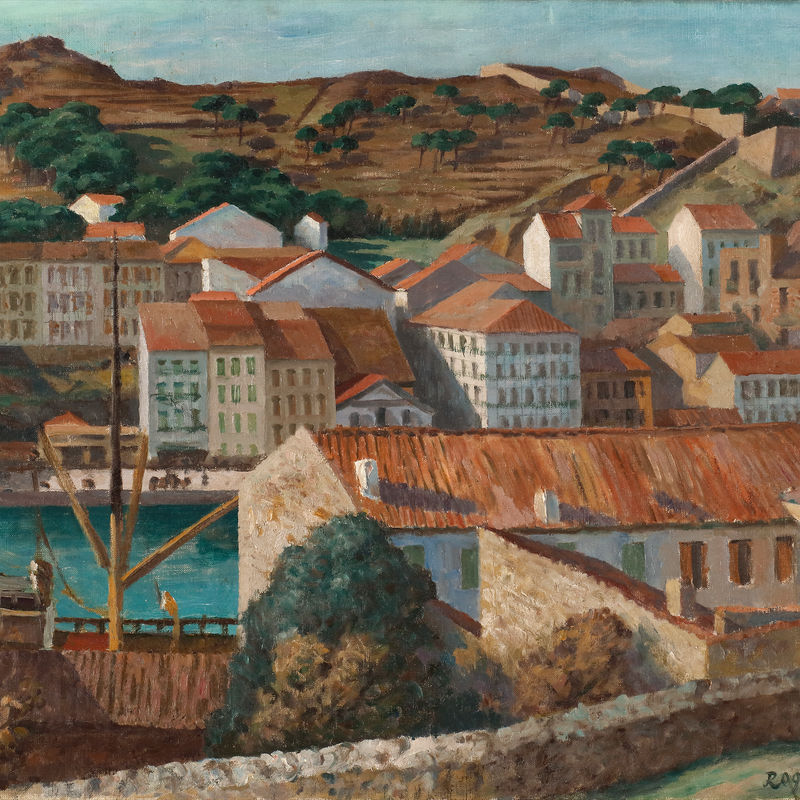Painter and critic, Roger Fry championed the Post-Impressionist movement and established himself as the movement's leading advocate, consequently placing himself at the forefront of the British Avantgarde. Art historian Kenneth Clark described Fry as 'incomparably the greatest influence on taste since Ruskin ... In so far as taste can be changed by one man, it was changed by Roger Fry'.
Born in London into a Quaker family, and training initially as a scientist, Fry became increasingly engaged in the arts through his membership of the élite and exclusive Conversazione (or 'Apostles') Society at Cambridge. Tired of the quiet parochialism of university life, however, he eventually left for the rush and excitement of Paris where he was introduced to the work of the Post-Impressionists by Walter Sickert.
It would be no overstatement to say that Fry’s appreciation for these artists was to be of profound significance for the future of British art. A gifted public speaker who was known to sell out lecture halls with a capacity of 2,000 people, it was in large part through Fry that Britain first came into sympathetic contact with European Modernism. With his foundation of the Burlington Magazine in 1903 and editorship of it in 1909-18, moreover, Fry can make claim to having been one of the most significant forces in British art history at that date. His 1927 monograph on Cézanne – the artist whom Fry upheld above all others for his ability to combine modern eye with classical spirit – remains today a benchmark tome.
But, for all his academic influence, Fry saw himself primarily as an artist. His friendship of members of what would become known as the Bloomsbury Group, namely Duncan Grant and Vanessa Bell, helped with the development of his painterly style that in turn allowed him better to appreciate the modernism emanating from Paris.
Fry sadly died unexpectedly after a fall in his home in 1936, his death was greatly mourned by the Bloomsbury Group, and friend Vanessa Bell decorated his casket. Following his death fellow group member Virginia Woolf wrote Fry’s biography, published in 1940.





